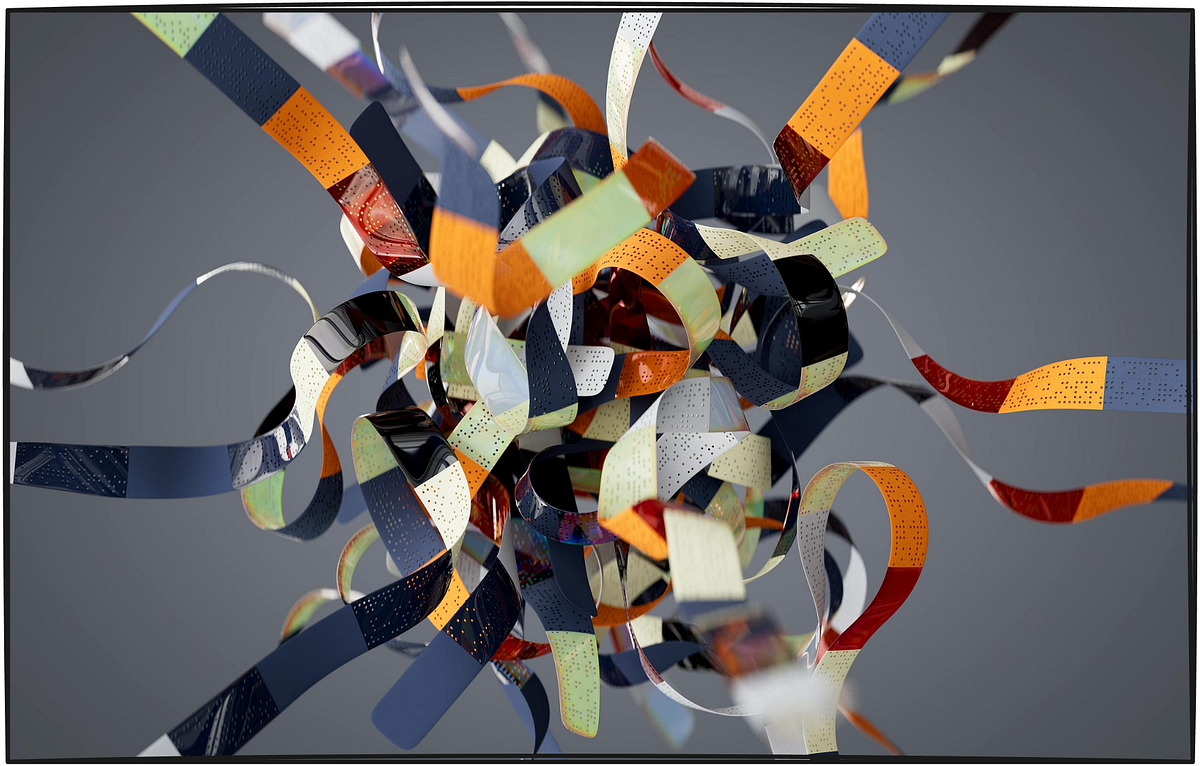By Bhanvi Satija
(Reuters) – Roivant Sciences (NASDAQ:) announced on Tuesday that its experimental drug for non-infectious uveitis showed promising results in a mid-stage study, leading to an 8% increase in the biotech firm’s shares during premarket trading.
In a study involving 26 patients, 29% of those who received a higher 45 mg dose and 44% of those who received a 15 mg dose experienced treatment failure, indicating a potential benefit from the drug.
The drug, brepocitinib, also demonstrated effectiveness in reducing macular edema in some patients who were given the higher dose.
Brepocitinib targets and inhibits two proteins, TYK2 and JAK1, which are involved in immune responses and are responsible for the disease that can lead to vision impairment and blindness.
The only approved treatment for non-infectious uveitis, Humira by Abbvie, lost key patents in the U.S. in 2023.
If successful and approved, brepocitinib could be the first oral therapy for the condition, benefiting Roivant Therapeutics, a joint venture between Roivant and Pfizer (NYSE:), which holds global rights for the development of the drug.
The company plans to initiate a late-stage study later this year and is also evaluating the drug in treating patients with dermatomyositis, a muscle inflammatory condition.
Roviant also announced a share repurchase program worth $1.5 billion, including a $648 million buyback from Sumitomo Pharma.





















